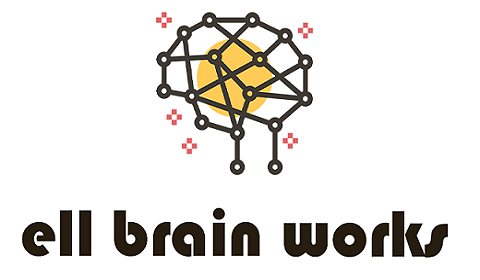In an interconnected world where safety is paramount, two critical domains stand out: offshore safety in maritime industries and food safety in the culinary world. While seemingly distinct, both share the common thread of ensuring the well-being of individuals, whether at sea or at the dining table. Let’s delve into the significance of Offshore Safety Diplomas and Food Safety Certification, exploring their importance, benefits, and impact on our daily lives.
Understanding the Basics of Offshore Safety
Offshore safety is a multifaceted discipline that encompasses various protocols, procedures, and training to mitigate risks inherent in maritime operations. An Offshore Safety Diploma equips professionals with the knowledge and skills necessary to navigate the challenges of working in offshore environments, such as oil rigs, shipping vessels, and marine platforms. From understanding emergency response protocols to implementing safety measures, this diploma serves as a cornerstone for fostering a culture of safety at sea.
Comprehensive Training for Maritime Professionals
The curriculum of an Offshore Safety Diploma covers a wide array of topics, including risk assessment, fire safety, emergency evacuation procedures, and environmental regulations. Through hands-on training and simulations, participants learn how to identify potential hazards, respond effectively to emergencies, and promote a safe working environment for themselves and their colleagues. Moreover, obtaining this diploma demonstrates a commitment to excellence and professionalism in the maritime industry, enhancing career prospects and job opportunities.
Promoting Safety Culture and Compliance
Beyond individual skill development, Offshore Safety Diplomas play a pivotal role in promoting a safety-conscious culture within maritime organizations. By adhering to established safety standards and regulations, companies can mitigate operational risks, safeguard personnel, and protect the marine environment. Additionally, compliance with safety protocols enhances the reputation of maritime enterprises, fostering trust among stakeholders and the public alike.
The Importance of Food Safety
Food safety is paramount in the culinary world, where the quality and integrity of food products directly impact public health. Whether in restaurants, food processing facilities, or retail outlets, adherence to stringent food safety standards is non-negotiable. Food Safety Certification serves as a testament to the commitment of food establishments in upholding the highest standards of hygiene, sanitation, and quality control throughout the supply chain.
Comprehensive Training for Food Handlers
Obtaining a Food Safety Certification entails rigorous training on proper food handling practices, sanitation procedures, allergen management, and HACCP (Hazard Analysis and Critical Control Points) principles. Food handlers undergo comprehensive education to mitigate risks associated with foodborne illnesses, cross-contamination, and improper storage conditions. By adhering to best practices outlined in food safety certification programs, establishments can uphold consumer trust and safeguard public health.
Building Consumer Confidence and Compliance
Food Safety Certification not only ensures regulatory compliance but also instills confidence in consumers regarding the safety and quality of the food they consume. Displaying certification logos or seals communicates to patrons that rigorous safety measures are in place, fostering trust and loyalty. Moreover, certification requirements often evolve to address emerging risks and industry trends, thereby driving continuous improvement in food safety practices across the board.
Conclusion
Offshore Safety Diplomas and Food Safety Certification are indispensable tools in safeguarding human health and well-being, whether on the high seas or in the culinary landscape. By prioritizing safety, adhering to best practices, and investing in continuous training and education, individuals and organizations can navigate the complexities of their respective industries with confidence and resilience. Whether it’s ensuring the safety of maritime professionals or maintaining the integrity of our food supply, these certifications play a crucial role in shaping a safer, more secure future for all.

